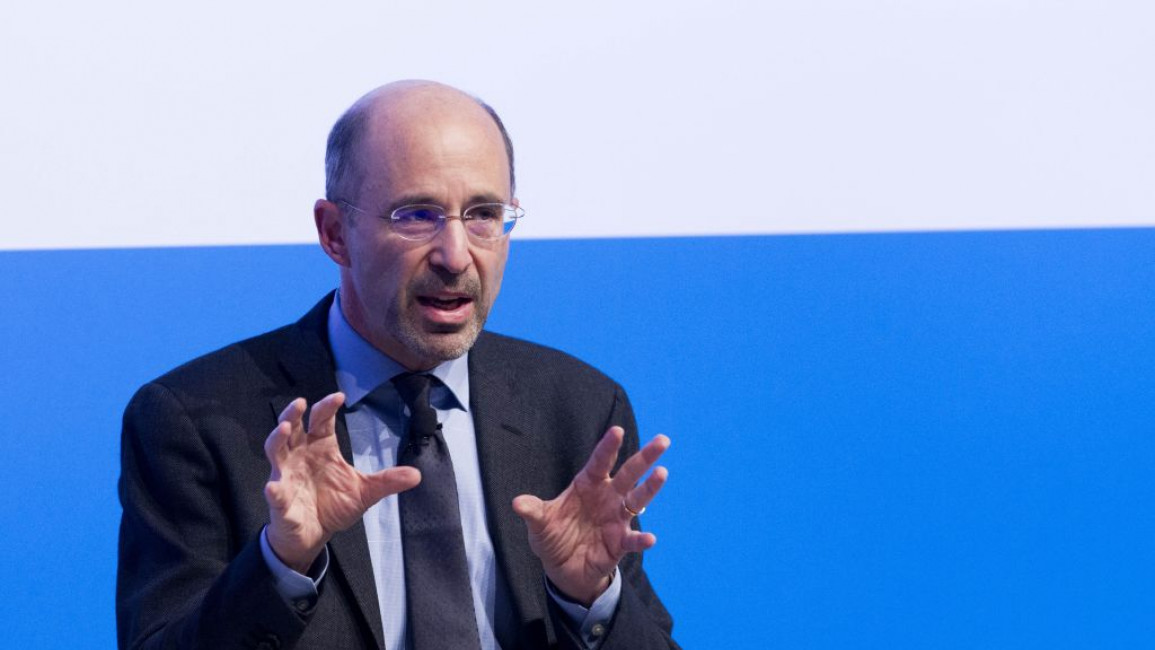Prospects for a new Iran nuclear deal remain unclear: US negotiator
The US special envoy for Iran has cast doubt on the prospect for a return to the Iran nuclear deal, blaming a lack of engagement by Iran as a stumbling block.
Speaking to US publication Politico, Robert Malley said that he is not confident that he will be able to succeed in the task set for him by President Joe Biden of restarting the Iran nuclear deal.
"It's just one big question mark," he told Politico, adding that the prospects for rejoining "is not something that we can fully control".
Robert Malley was one of the top negotiators when the original Iran nuclear deal was signed in 2015.
Former President Trump unilaterally withdrew from the Iran nuclear deal in 2018, but his successor, President Biden, has been seeking to rejoin the deal, which would limit Iran’s nuclear activity, in exchange for a relaxation of US sanctions that target Iran and Iranian officials.
Iran and western powers have held multiple rounds of talks in Vienna, but with the recent election of hardliner Ebrahim Raisi, optimism for a new deal has been dampened.
"But there is absolute justification to have a question mark, because if you haven't reached [a deal] yet, the talks drag on. If Iran's nuclear advances progress, and Iran continues to take provocative nuclear steps, not even mentioning their regional provocations … that pulls in the other direction [away from a deal]," Malley said.
Despite the grim outlook, there is still hope that conditions could change and that a deal with Iran could be reached with both sides having publicly expressed a desire for a return.
Although Malley was unwilling to speculate on the chances of a return.
"I wouldn't be helping you much if I gave you a percentage," he said, adding "we are prepared to resume the talks, which we wouldn’t do if we didn't think [a deal] was possible."
Amid prospects that no deal will be secured, Washington has prepared alternative plans, according to Malley.
The diplomat explained that one solution could be to try an agree a separate deal between just the US and Iran, whose framework would differ to the current proposed deal. Alternatively, the US could work with its allies in Europe to implement a series of punitive measures, although Malley stopped short of detailing what they could be.
While the US remains hopeful that a deal can be reached, Malley admitted that they have not ruled out the prospect that Iran has lost interest in returning to the deal.
"It at least makes us very aware of the fact that it is certainly not a done deal, that it's a legitimate question whether we will be able to come back, and that we have to be prepared for a world in which Iran’s intentions are not to go back into the [pact], at least not in a realistic way," Malley said.



